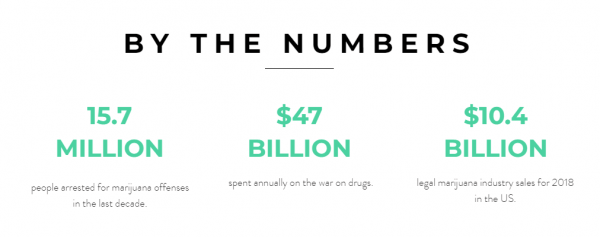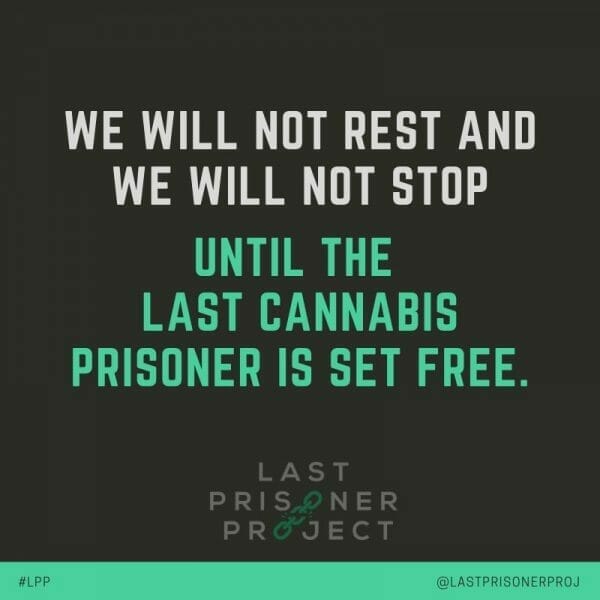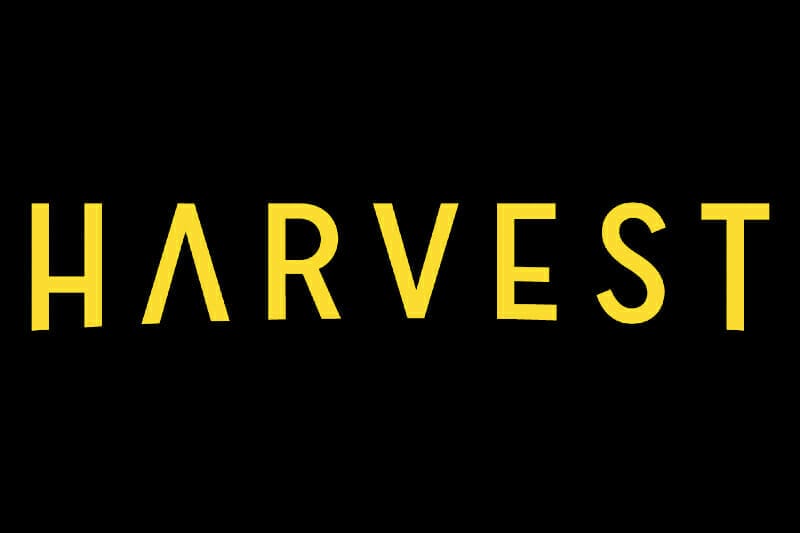Harvest Health and Recreation (HARV.C) paired with the Last Prisoner Project, a non-profit organization dedicated to making sure every cannabis prisoner is freed, welcomed home and supported by their community.
Most cannabis news is mostly about buildouts and products, and occasionally about some extraction services or ancillaries like protection and security, but generally they’re always about some facet of the industry. Rarely does something happen that isn’t about ultimately pushing a product, which is what makes today’s news so special.
“Over 40,000 prisoners in the U.S. are currently serving sentences for cannabis charges. While many companies are focused on decriminalization, expungement and clemency, Harvest recognized that re-entry can be incredibly difficult without help. We’ve partnered with the Last Prisoner Project to provide training courses, workshops and funding to help individuals re-enter the job marketplace, with the hope of ultimately placing them in employment opportunities within our Harvest network,” said Harvest Chief Executive Officer Steve White.
The United States War on Drugs has been an abysmal failure. It’s cost trillions of dollars and ruined millions of lives, and all for no effect. Our hospitals and morgues are full of opioid addicts, and our prisons are full of people doing lengthy sentences for bullshit crimes like simple possession. The United States is far worse than this. Simple possession carries the threat of a criminal record, and your life is basically over.

Penalties for drug crimes among American youth almost always involve permanent or semi-permanent removal from opportunities for education, strip them of voting rights. The War on Drugs has resulted in the creation of a permanent underclass of people who have few educational or job opportunities, often as a result of being punished for drug offenses which in turn have resulted from attempts to earn a living in spite of having no education or job opportunities.
“I launched the Last Prisoner Project out of the conviction that it is wrong to continue to punish people for something society has decided should no longer be illegal, and in the belief that if I asked the legal cannabis industry to contribute the funds needed to gain the release of our prisoners, cannabis companies would see it as an opportunity to do the right thing, to put the values cannabis teaches into action,” said Steve DeAngelo, Founder of Last Prisoner Project.
Within three years of release, over two-thirds of released prisoners are re-arrested, according to the US Department of Justice Bureau of Justice Statistics. Within six years the number expands to 79%. This program is designed to reverse this trend. It’s designed on a restorative justice model that will bring positive economic benefits to the residents and communities that the company serves.
The Canadian justice department defines restorative justice as an approach to justice focusing on addressing the harm caused by crime while holding the offender responsible for their actions, by providing an opportunity for the parties directly affected by the crime – victims, offenders and communities – to identify and address their needs in the aftermath of a crime.
Restorative justice is based on an understanding that crime is a violation of people and relationships. The principles of restorative justice are based on respect, compassion and inclusivity. Restorative justice encourages meaningful engagement and accountability and provides an opportunity for healing, reparation and reintegration. Restorative justice processes take various forms and may take place at all stages of the criminal justice system.
Harvest’s “Prison to Prosperity” program will offer vocational training and education programs specific to the cannabis industry for folks with a criminal record. The program will start wtih a pilot project working with local reentry organizations in California, and expand nationally later.
—Joseph Morton






